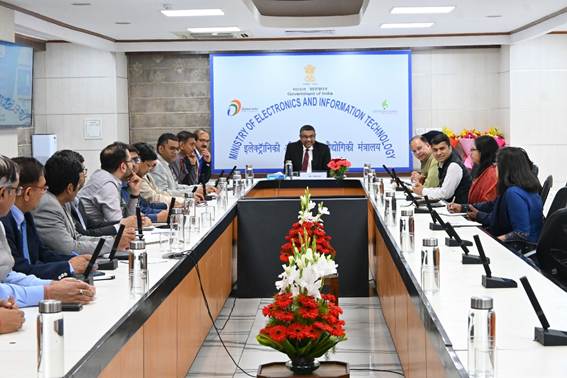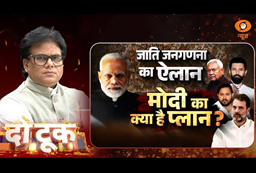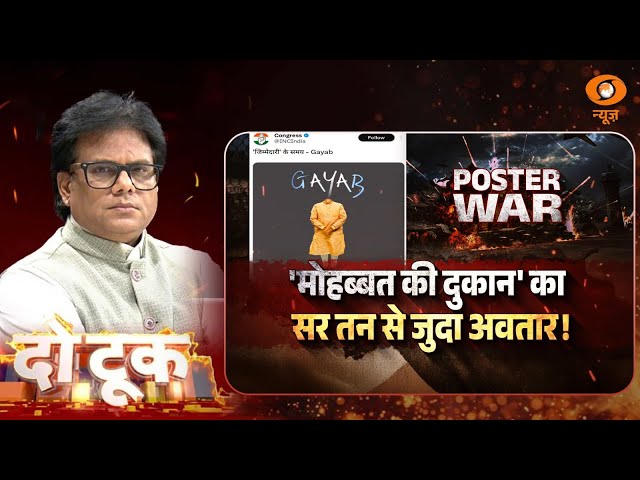At a spirited panel discussion held on the sidelines of WAVES 2025 in Mumbai, a cross-section of leaders from the world of sports, governance, and media came together to chart a new course for India’s indigenous sports. The session, titled “Indigenous Sports: From India to the Global Stage”, aimed at celebrating the cultural richness of native games while exploring strategies for their global promotion.
Odisha Chief Minister Mohan Charan Majhi delivered the keynote address, underscoring the deep connection between indigenous sports and India’s cultural identity. “These games are not just physical contests; they are an integral part of our communities, our traditions, and our identity,” he said, expressing gratitude to Prime Minister Narendra Modi for his continued support in positioning India as a global sporting power.
Majhi said that Odisha, with its vibrant tribal heritage, has played a key role in preserving and promoting traditional games. “We are committed to nurturing rural talents and ensuring every gifted athlete finds a platform to shine,” he added, pointing to the state’s growing reputation as a hub for sports infrastructure and talent development.
Union Minister of State for Youth Affairs and Sports, Raksha Nikhil Khadse, echoed similar sentiments. She hailed the Khelo India initiative as a transformative force that is bringing grassroots talent to the forefront. “India has already emerged as a global ambassador of Yoga. Now, we are proudly showcasing traditional games like Kho-Kho and Kabaddi on the international stage,” she said.
“Sport builds more than just bodies—it builds communities and strengthens the cultural fabric of the nation.”
The session also featured insights from sports administrators, league organisers, and international athletes. Anupam Goswami, League Commissioner of the Pro Kabaddi League, spoke of the emotional and cultural resonance indigenous games hold in Indian society. “India has the potential to become a global sports market by leveraging the appeal of its traditional games,” he said.
Fazel Atrachali, a Pro Kabaddi League star from Iran, shared his personal journey, crediting the league for turning Kabaddi into a professional sport.
“Thanks to PKL, Kabaddi has transformed lives, giving athletes not only fame but also financial stability,” he noted.
Nic Coward, Chair of the Regulatory Board of the England and Wales Cricket Board, emphasized the need for modernization and global outreach. “To popularize these sports globally, we must embrace digital platforms, including e-sports,” he said.
Sudhanshu Mittal, President of the Kho-Kho Federation of India, revealed the sport is now played in 55 countries, with plans to expand that number to over 90 by the end of the year. “Indigenous games demand strategy, stamina, and spirit.
They are globally relevant, but we need government support, strategic branding, and diplomatic engagement to take them further,” he said.
Yannick Colaco, founder of Fancode, highlighted the role of technology in building fan communities. “Access and engagement are key. With the right digital tools, we can deepen fan connections and globalize Indian sports,” he added.
The discussion was moderated by Mantra Mugdh, who wove together diverse perspectives into a coherent narrative around the future of India’s sporting legacy.






















